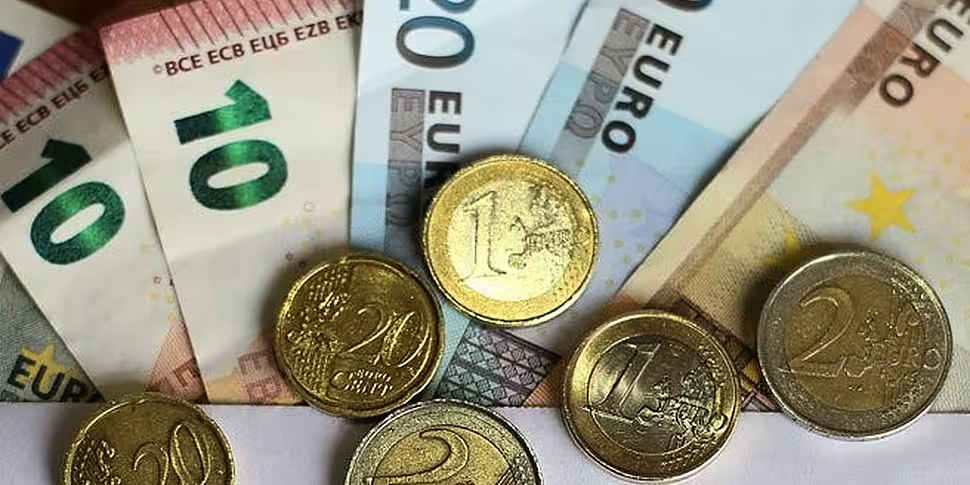The euro has taken a bit of a hammering today as traders in key markets returned to work after long weekend breaks in many countries.
It dropped as low as $1.113 as a combination of factors raised doubts about the currency.

One of the reasons behind the drop was an indication from the European Central Bank (ECB) that despite the euro zone's positive economic performance in recent months, the bank will continue to provide further stimulation to help the recovery to stick. This means interest rates will stay at their historic lows for the foreseeable future.
"For domestic price pressures to strengthen, we still need very accommodative financing conditions, which are themselves dependent on a fairly substantial amount of monetary accommodation," ECB President Mario Draghi said yesterday.
"At its June monetary policy meeting the Governing Council will receive an update of the staff projections and a more complete information set on which it will be able to formulate its judgment on the distribution of risks around the most likely outlook for growth and inflation," he added.
The Italian official believes that the bloc's inflation rate needs to get closer to its 2% target rate before the ECB moves away from its current policies.
The euro also suffered as fresh concerns emerged regarding the future of Greece's bailout.

As the stalemate between Greece, the ECB, and the IMF continues, Greek finance minister Euclid Tsakalotos said, "We can’t accept a deal which is not what was on the table ... What was on the table was if Greece carried out its reform package then creditors would ensure that there would be a clear runway through clarity for debt."
Meanwhile, Greek PM Alexis Tsipras has discussed this issue with German Chancellor Angela Merkel, French president Emmanuel Macron, and European Council President Donald Tusk today. The country faces major debt repayments in July.









